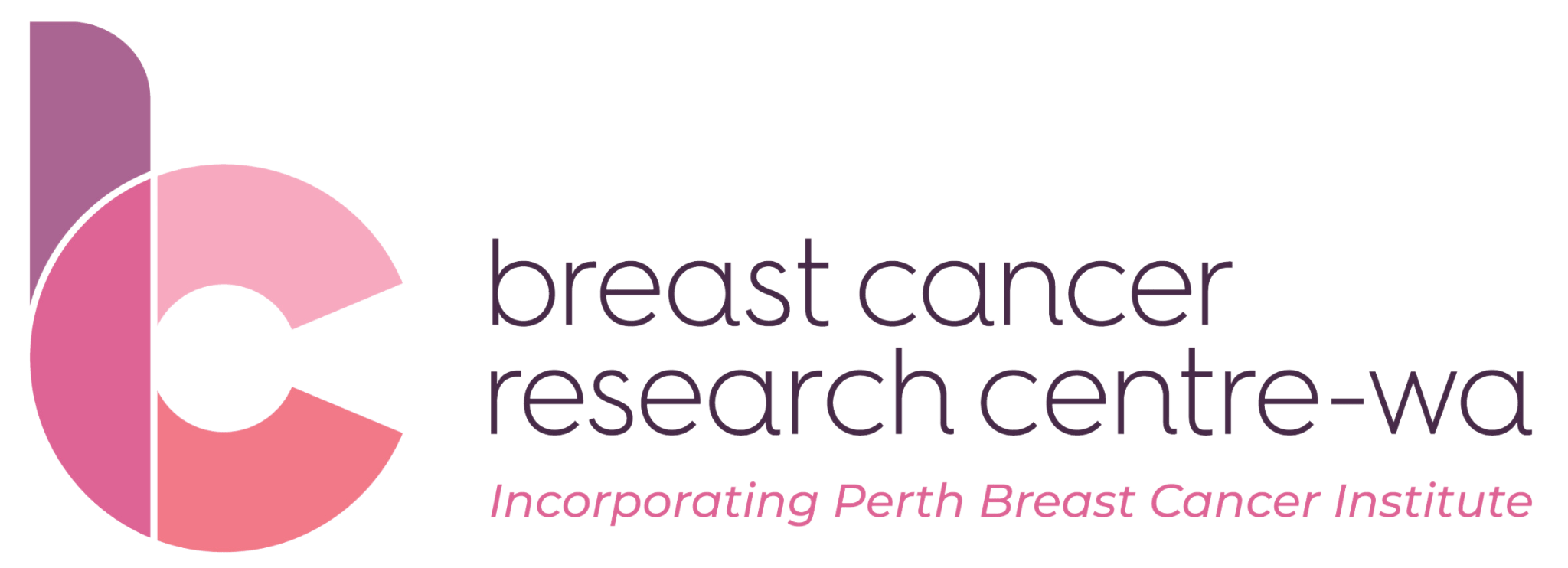Medical Update
CDK 4/6 inhibitors
Cyclin Dependent Kinase 4/6 inhibitors or CDK4/6 inhibitors are a type of medication which is effective against hormone receptor positive breast cancer. One of the hallmarks of cancer is uncontrolled cell replication which allows the cancer to grow and spread. CDK 4/6 inhibitors block the cell replication pathway in cancer cells preventing any further growth and allowing your body’s immune system to recognize the cancer and kill it allowing shrinkage.
There are three medications in the CDK4/6 inhibitor class: Abemaciclib, Palbociclib and Ribociclib. Large international trials have shown they are all very effective against metastatic hormone receptor positive breast cancer in combination with hormone therapy (Letrozole, Anastrozole or Exemestane). Based on international guidelines these are now the gold standard first treatment of choice for patients with metastatic hormone receptor positive breast cancer.
These medications are not chemotherapy and are a tablet which can be taken at home. There are some similarities and differences in the side effects of each of them. All three can cause low white cell and other blood counts so this needs regular monitoring especially in the first few months after commencing. Ribociclib can cause nausea and can affect the electrical conduction in the heart so most patients require an ECG (Heart trace) prior to starting. Abemaciclib can cause diarrhoea but this is usually manageable with supportive medication. Palbociclib can cause mouth ulcers but this is uncommon.
Due to their success in the metastatic setting, further trials have been undertaken to see if they are effective treatments for early breast cancer as an adjuvant therapy (treatment after the patient has had surgery). We enrolled a number of women to these trials here at BCRC-WA. The research is ongoing but for high risk breast cancers, Abemaciclib and Ribociclib seem to be effective treatments in preventing the cancer from recurring (coming back). The applications are currently in process but we are hopeful that these medications will be listed on the PBS next year and be available to patients around Australia.
As mentioned CDK 4/6 inhibitors are now the standard first line treatment for hormone receptor positive metastatic breast cancer. However, progress sometimes leads to more questions. There is currently no standard treatment to use after the cancer becomes resistant to CDK4/6 inhibitors and it is currently the oncologist’s choice on which treatment they think will be most effective.
One of my roles as clinical research fellow at BCRC-WA has been to investigate this question by examining how effective second line treatment after CDK4/6 inhibitors has been for women treated at BCRC-WA and if there is a front runner for which is more effective. The analysis is still ongoing and I’m hopeful to be able to present the results next year.
CDK4/6 inhibitors aren’t appropriate treatments for all types of breast cancer but are another tool in our toolkit. They can invoke excellent long term responses with some women at BCRC-WA commencing these medications in 2015 and remain on them to this day with no evidence of cancer growth.

Dr Brendan Kirwin
MBBS FRACP
The information and content provided on this page is intended for informational and educational purposes only and is not intended to substitute for professional medical advice. Please contact your medical team for advice on anything covered in this article.

